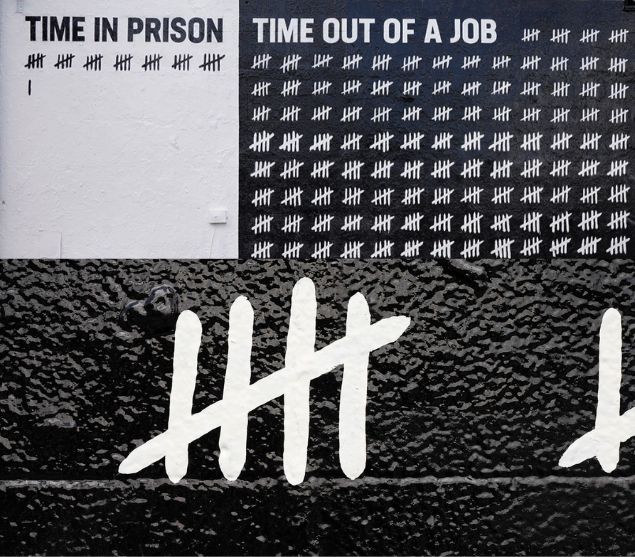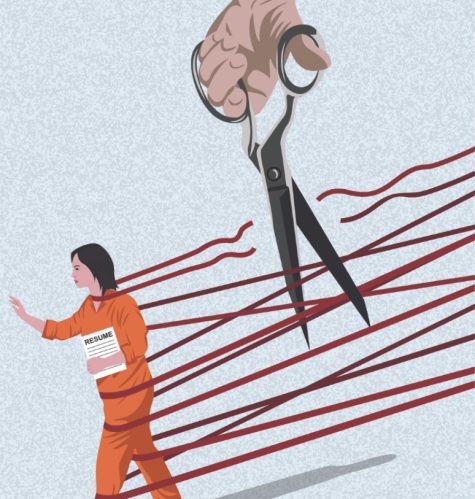Building Pathways to Employment for Justice-Impacted Individuals in Washington State
If you've been impacted by the justice system and are in Washington State, we’re here to help you overcome the barriers to employment and find meaningful work.
Looking for a Fresh Start? Let's Find Your Path Together
Supporting Justice Impacted Individuals in Washington State

Who We Are
Helping Justice-Impacted Individuals Secure Meaningful Careers
25×4 is dedicated to helping individuals impacted by the criminal justice system overcome barriers to employment. We provide personalized support to help you secure meaningful employment, achieve financial stability, and reintegrate successfully into society. Our goal is to ensure that justice-impacted individuals have equal access to career opportunities, regardless of their past.

OUR SERVICES
Are Background Checks Preventing You From Getting Hired?

Cover Letter & Resume Assistance

Second-Chance Job Placement

Personalized Job Search Guidance

I was really struggling to find work after my release. Everywhere I went, my record was a barrier. But 25x4 was different. They didn't judge me. They just focused on my skills and helped me build a resume that actually got noticed. The interview coaching was amazing too! I landed a great job, and I'm finally feeling like I have a future. Thank you, 25x4!

Honestly, I didn’t think anyone could help me. I’d applied to so many places and gotten nowhere. But the team at 25x4 was so supportive. They helped me see my worth and gave me the confidence I needed. The job search help was invaluable. They found employers who were willing to give me a chance, and I'm now working in a job that I love. I'm so grateful!

I was nervous about networking, but 25x4 made it easy. They connected me with people in my field, and I learned so much. The resume and cover letter help was also top-notch. They really know how to highlight your strengths. I’m now employed and moving forward. If you're looking for a second chance, 25x4 is the place to go.

STATISTICS
The Bureau of Justice Statistics reports that nearly 60% of formerly incarcerated individuals face unemployment, a stark contrast to the 3.7% unemployment rate for the general population (U.S. Bureau of Labor Statistics, 2022). A 2021 study by the Bureau of Justice Statistics, which tracked over 50,000 individuals released from federal prison in 2010, found that during a four-year period, only 40% of formerly incarcerated individuals were employed at any given time. Furthermore, those who managed to find work often struggled to maintain stable employment.
Each year, over 600,000 individuals are released from state and federal prisons, and an additional nine million are released from local jails. Within three years of their release, about two-thirds of these individuals are rearrested, and more than 50% are reincarcerated.
To reduce recidivism rates, it is crucial for formerly incarcerated individuals to access stable, high-quality employment. However, research shows that their unemployment rate is five times higher than that of the general population. Employment offers numerous benefits to justice-involved individuals, including increased self-esteem, a stronger sense of identity, and greater stability in avoiding criminal behavior.
Hiring formerly incarcerated individuals can demonstrate a commitment to nondiscriminatory practices, potentially qualify employers for tax credits and bonding services, expand the applicant pool, and reduce training costs—especially for those who have completed job training programs while incarcerated. Communities also benefit when people with criminal records secure meaningful employment: poverty rates decline, tax revenue increases, and families are strengthened as the collateral consequences of incarceration are reduced.





